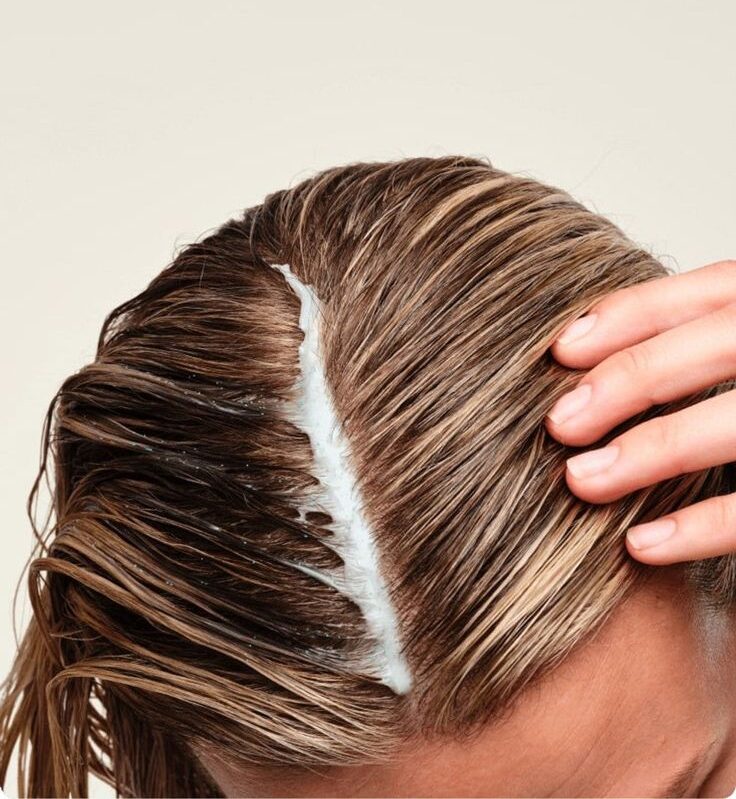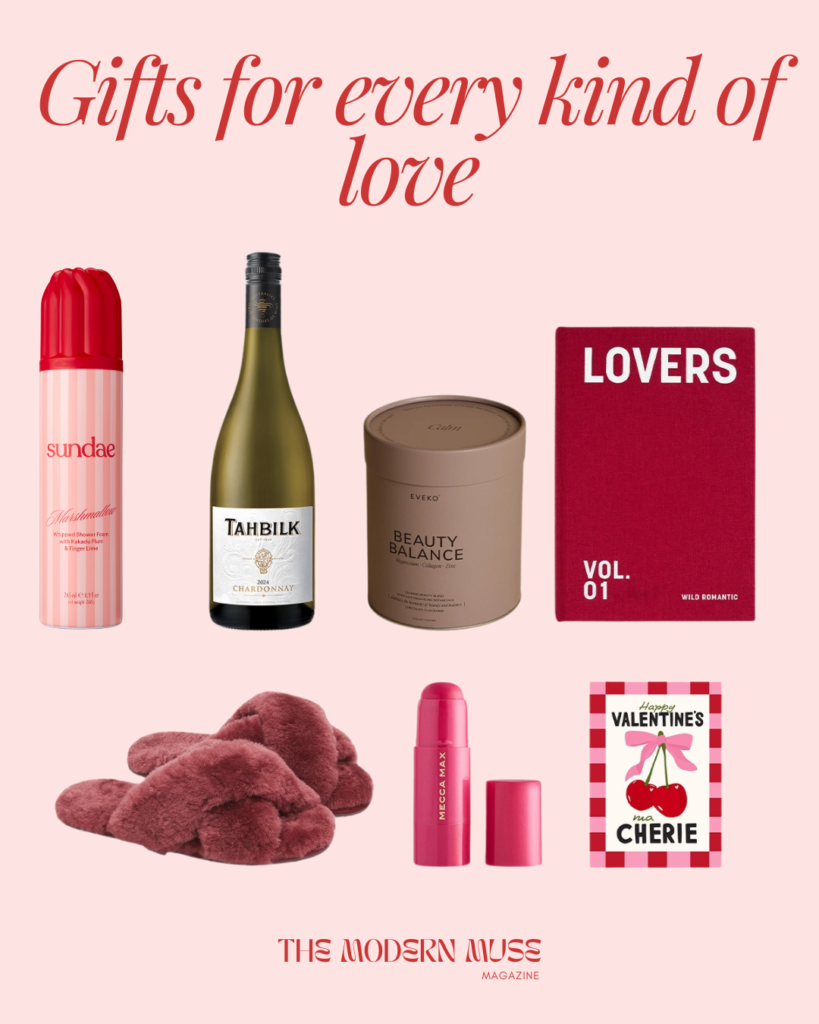Are you sick of having to wash your hair every two days? An oily scalp can be frustrating, but the good news is there are things you can do to restore balance. By understanding some of the most common causes behind an oily scalp – from genetics to product build-up – and arming yourself with some derm-approved tips for getting rid of that excess oil, hair washing day might now be further away than you think. Say hello to a healthy scalp (and luscious hair).
The Culprits Behind an Oily Scalp
“It’s easy to forget that the scalp is an extension of your skin. However, looking after your scalp is as important as looking after the rest of your skin,” says Dr Kirsty Wallace-Hor, a Specialist GP at Software.
She explains that the scalp is rich in follicles, each producing sebum, an oily substance that moisturises and protects. However, excess sebum production can result in the dreaded oily scalp.
Why does this happen? According to Dr Wallace-Hor, genetics might be to blame, but other factors like product build-up can also play a role: “If these products aren’t regularly or thoroughly removed, they can trap the sebum, dead skin cells and sweat on your scalp.”
Another possible culprit is your hair care and styling habits: “Washing your hair too frequently or drying out your scalp with hair treatments or heating can also trigger excess sebum production.”
Even certain medical conditions can exacerbate oiliness: “One of the most common of these is seborrhoeic dermatitis, which causes oily, scaly patches on the skin, including the scalp. This can sometimes lead to itch, redness and dandruff.”
Tips for Managing an Oily Scalp
Choose gentle formulas
“Stick to gentle hair products where possible,” advises Dr. Wallace-Hor. Anything containing sulphates and fragrances is a no-go because it may dry out and irritate your scalp, leading to increased oil production.
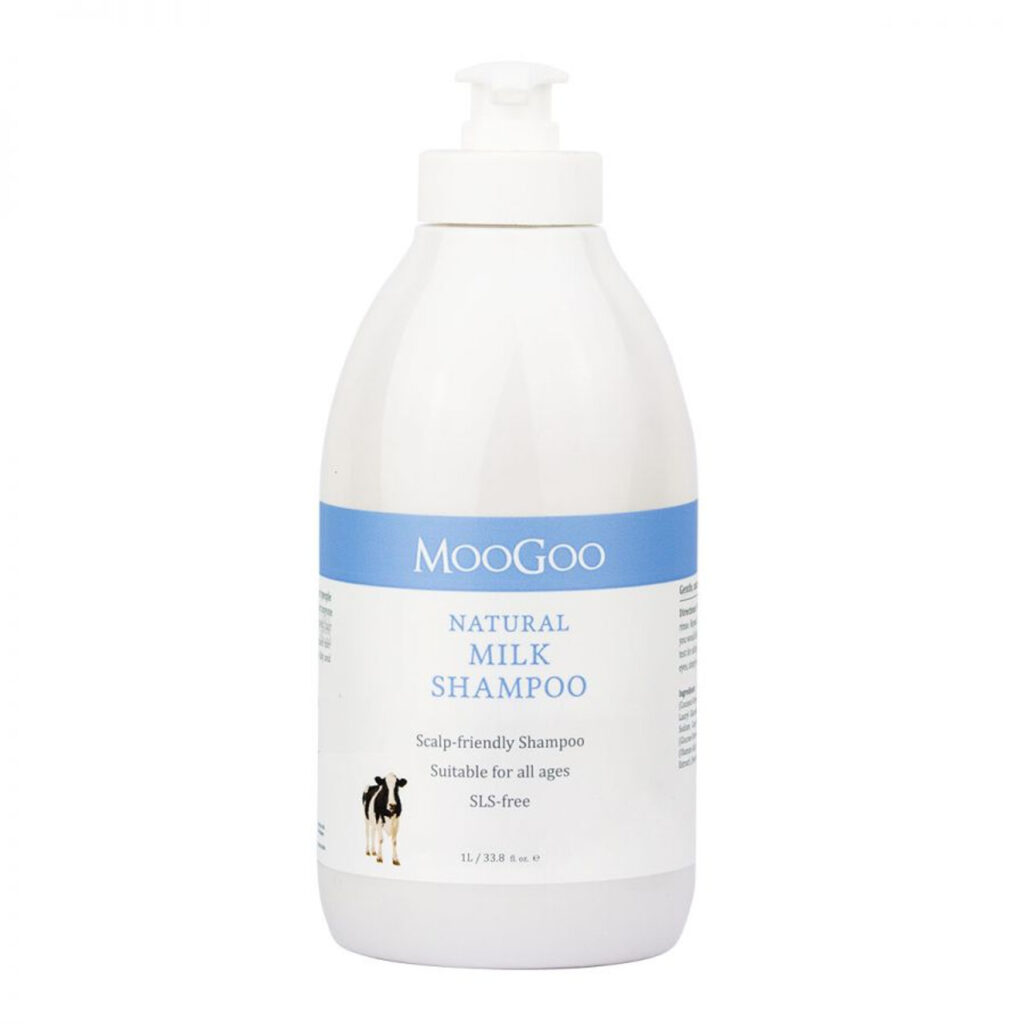
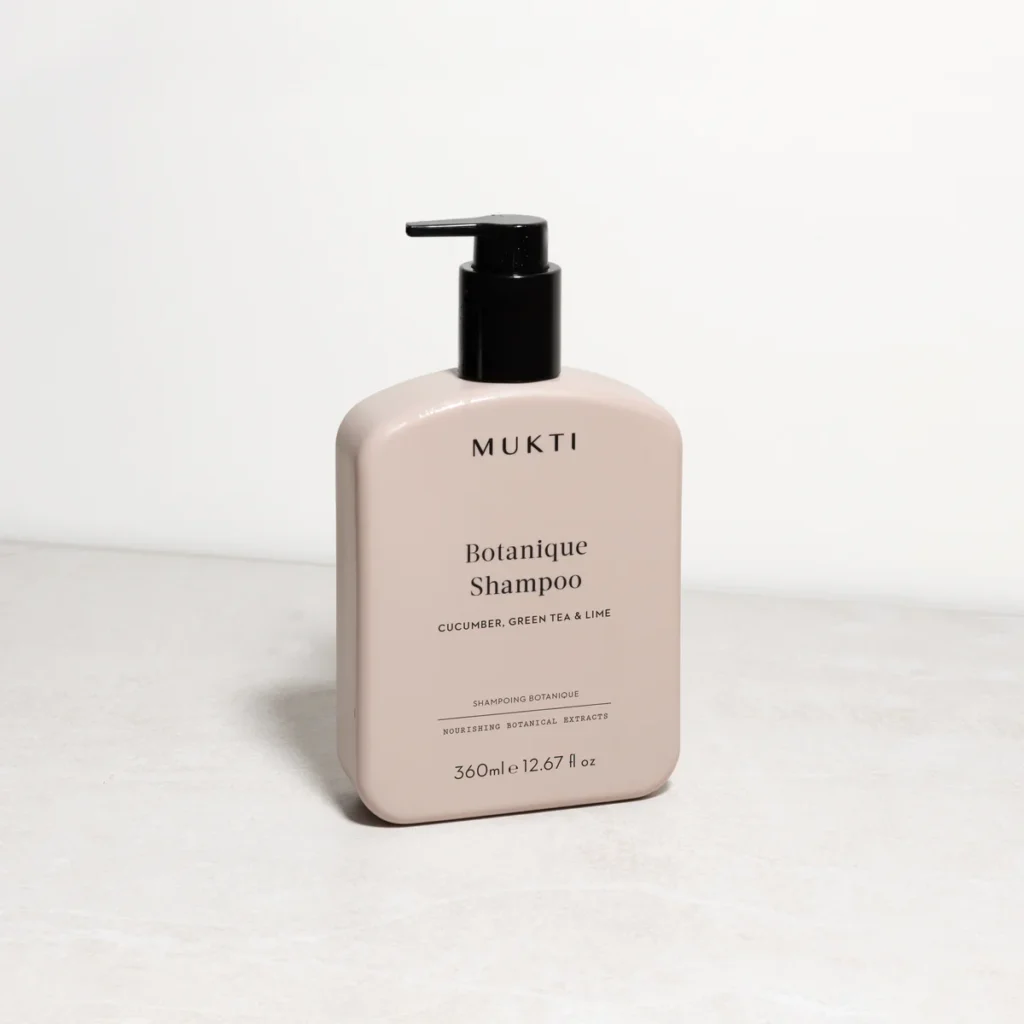
Opt for lightweight conditioners
Light formulas won’t weigh down your hair. Be sure, as well, to apply conditioner only to the ends of your hair – this is a super easy way to avoid adding unnecessary oils to your scalp.
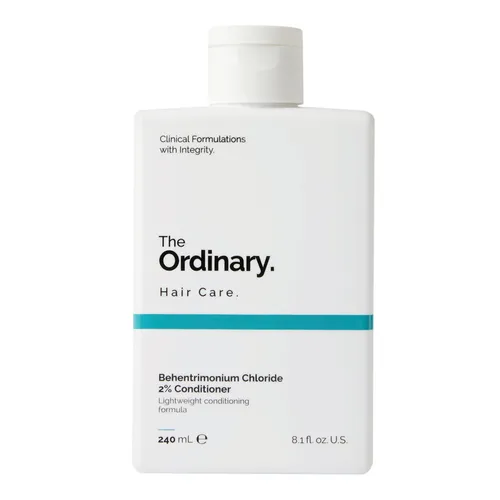
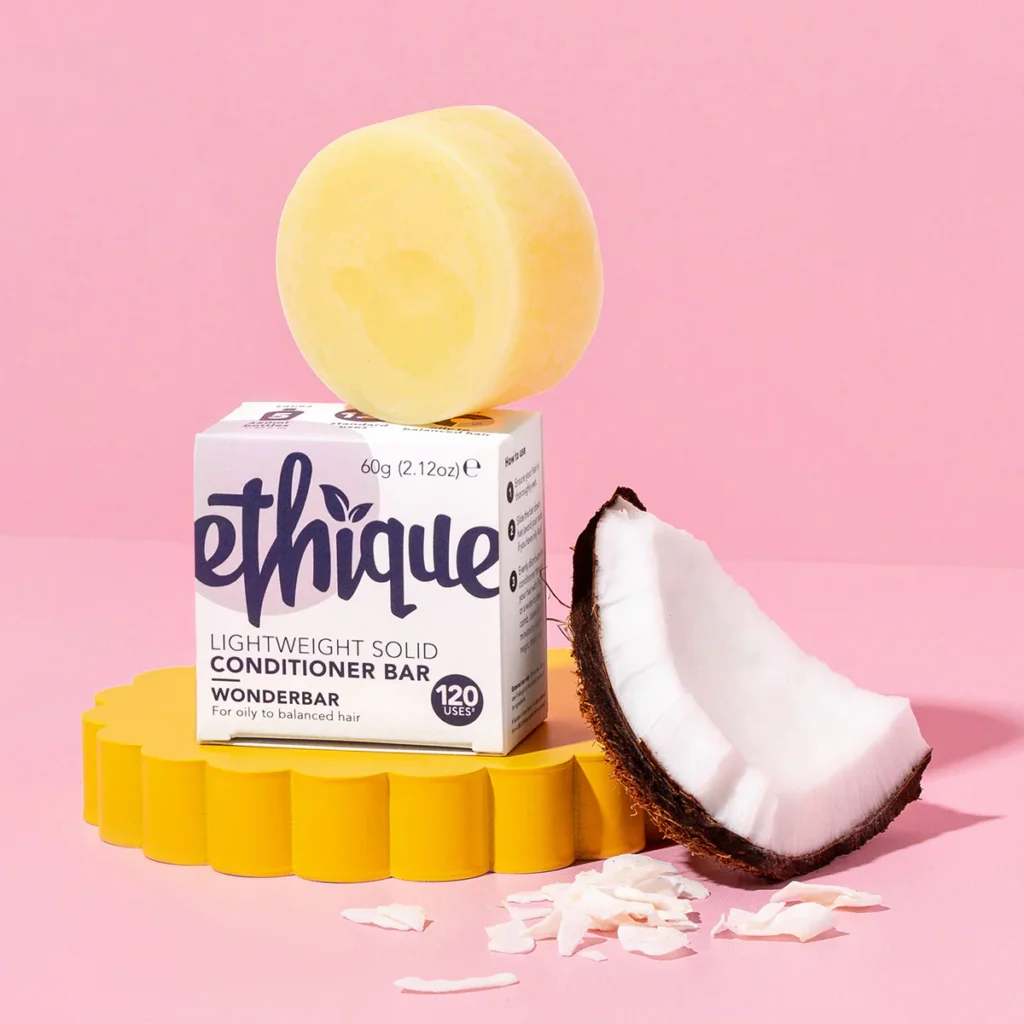
Wash less frequently
It sounds counterintuitive, we know, but washing your hair too often can strip the scalp of its natural oils and, as a result, prompt it to produce more sebum. Dr Wallace-Hor suggests, “Wetting your hair without shampooing may help with the transition to washing it less often.”
Avoid touching your hair
Love playing with your hair? Well… we’ve got bad news. Doing so can actually transfer oils from your hands to your strands, making them look greasier. If you need something to keep your hands busy, rings or bracelets might do the trick; a fidget spinner or stress ball are also great alternatives.
Try dry shampoo
Dry shampoo is truly a lifesaver for oily scalp sufferers, absorbing excess oil and adding volume between washes. Just make sure to choose one that suits your hair type and doesn’t leave any residue.
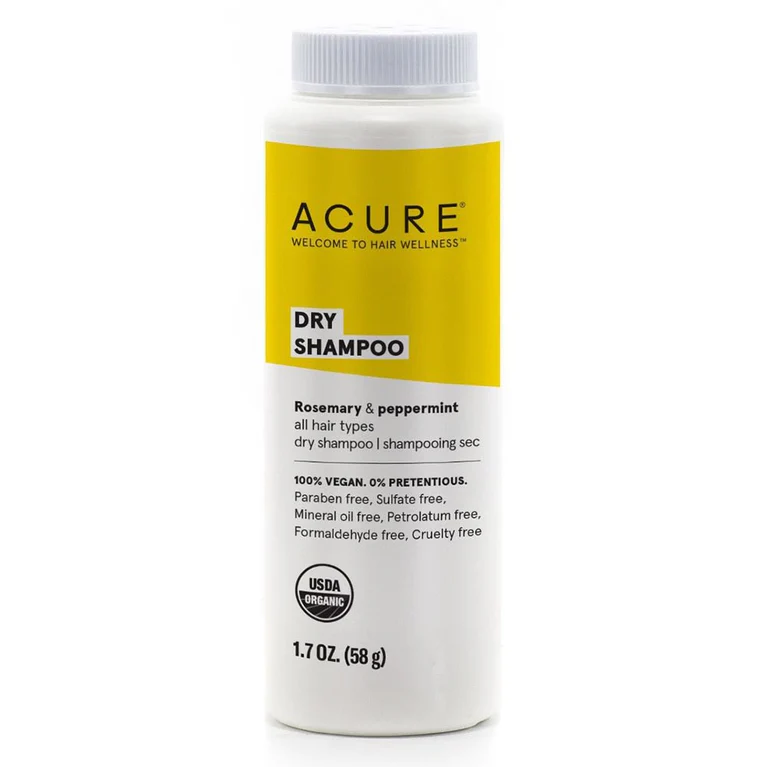
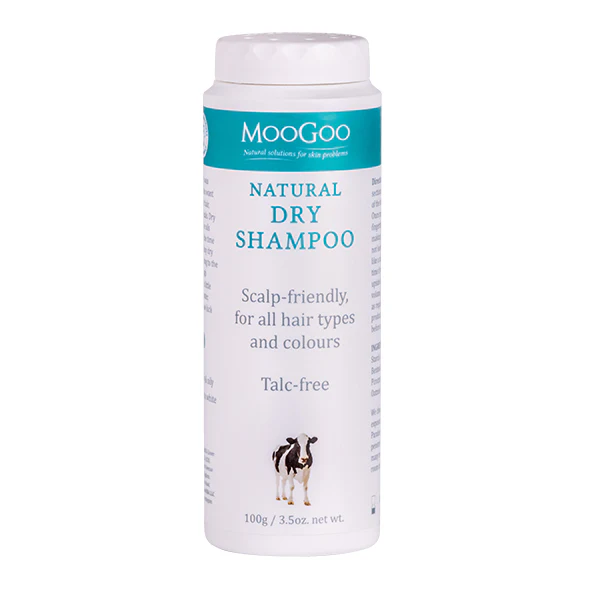
Brush your hair gently
Brushing your hair helps distribute natural oils down the hair shaft but it’s important to be gentle. Otherwise, you guessed it, you may encourage more oil production.
Adjust your diet
Good scalp (and hair) health starts from within – and that includes your diet. Dr Wallace-Hor mentions that increasing fruit intake may help reduce scalp flares related to conditions like seborrhoeic dermatitis.
Use over-the-counter treatments, if needed
“Specific medical conditions like seborrheic dermatitis are treated with anti-dandruff or tar-based shampoos, anti-fungal creams or corticosteroid creams.”
When to Seek Professional Help
“If you’re concerned about a persistently oily, dry, or irritated scalp, I recommend seeing your GP,” says Dr Wallace-Hor. Persistent scalp issues might require targeted treatment, and a healthcare professional can provide guidance specific to your needs.
With these tips and tricks, managing an oily scalp becomes a more manageable task. Remember, every scalp is unique, so it might take some time to find the right balance for you.
Read more of our Beauty articles below.

